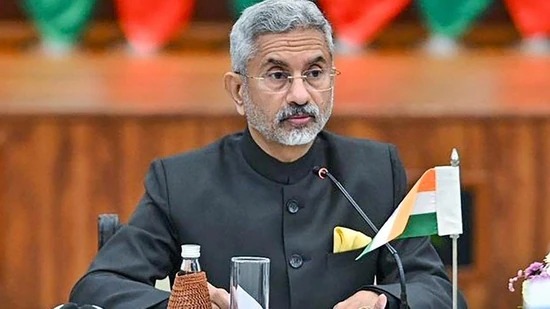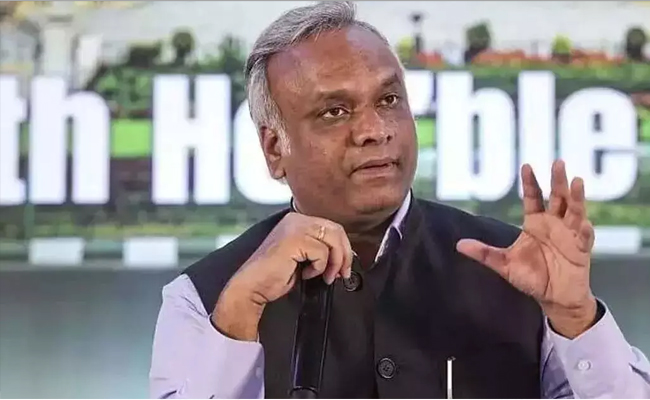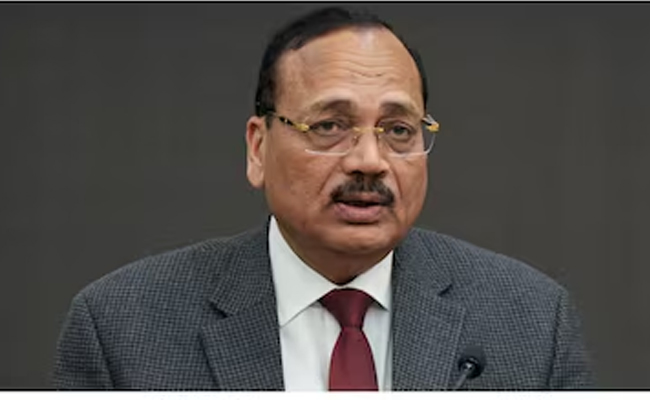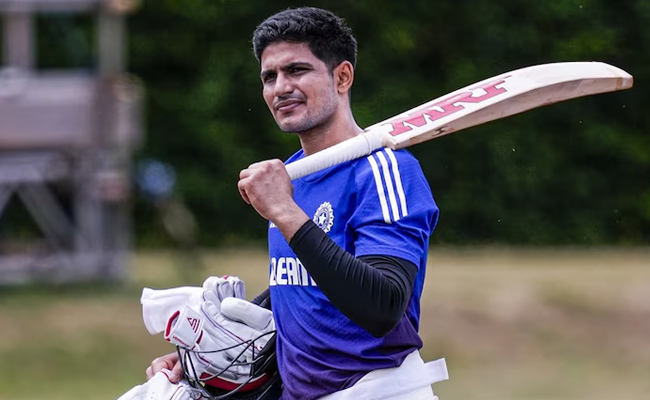New Delhi: External Affairs Minister S. Jaishankar has clarified that the recent ceasefire between India and Pakistan following Operation Sindoor was the result of direct negotiations between the two countries, despite the United States having reached out during the conflict.
Speaking to Dutch broadcaster NOS during his visit to the Netherlands, Jaishankar acknowledged that US Secretary of State Rubio and Vice President Vance had contacted Indian leadership. However, he emphasized that the decision to halt military action was made bilaterally.
“The US did call up. They were concerned, like many others. But the cessation of firing and military action was something negotiated directly between India and Pakistan,” Jaishankar stated.
Refuting earlier claims by former US President Donald Trump that he had mediated the ceasefire, Jaishankar reiterated that Pakistan had first communicated its willingness to cease hostilities via a hotline on May 10. India responded accordingly.
“We have a mechanism to talk to each other. It was the Pakistani army that sent a message that they were ready to stop firing,” he said.
On the broader issue of Kashmir, Jaishankar reaffirmed India's stance that it is an integral part of the country. He described the area under Pakistani control as “illegally occupied” since 1947-48.
“No country negotiates a part of its own territory. Kashmir is part of India,” he said, adding that discussions with Pakistan should focus on when it plans to vacate the occupied region.
Jaishankar also highlighted Pakistan’s continued use of cross-border terrorism as a pressure tactic, describing it as part of a radical and extremist strategy by Islamabad’s leadership, particularly the military.
Commenting on India's recent security concerns, Jaishankar said the Pahalgam terror attack—which killed 26 tourists—was designed to destabilize Kashmir’s tourism-based economy and incite religious discord. He linked the attack to Lashkar-e-Tayyaba, asserting that the group’s command centres were targeted by Indian forces on May 7.
“India faces more serious security threats than Europe. That’s why we must prioritise national security,” he said, while expressing confidence in India’s economic fundamentals and demographic advantages.
Jaishankar dismissed Trump's claim of using trade leverage to avoid nuclear conflict, saying that peace and diplomacy remain India’s preferred path, but without external mediation.
“This is something between us and the Pakistanis,” Jaishankar concluded.
Let the Truth be known. If you read VB and like VB, please be a VB Supporter and Help us deliver the Truth to one and all.
Bengaluru: Rural Development and Panchayat Raj Minister Priyank Kharge has alleged involvement of the Rashtriya Swayamsevak Sangh (RSS) in a money transfer network at global level.
Posting his allegation on his personal ‘X’ account on Saturday morning, Kharge said that he was referring to an issue that had not been dealt with decisively by Indian media houses.
“Here is a crucial story that the Indian media will never touch,” the minister has said, and clarified, “This so-called “body of individuals” has built a global network of over 2,500 affiliated organisations. Through these fronts, the RSS collects “guru dakshina” to fuel its divisive agenda. (sic)”
Kharge has further alleged, “The world’s largest NGO is running amok, laundering money and evading accountability.”
The minister added, “Here is a map of their organisational architecture of their “Vichar Parivaar.” https://rssproject.caravanmagazine.in / @thecaravanindia”





